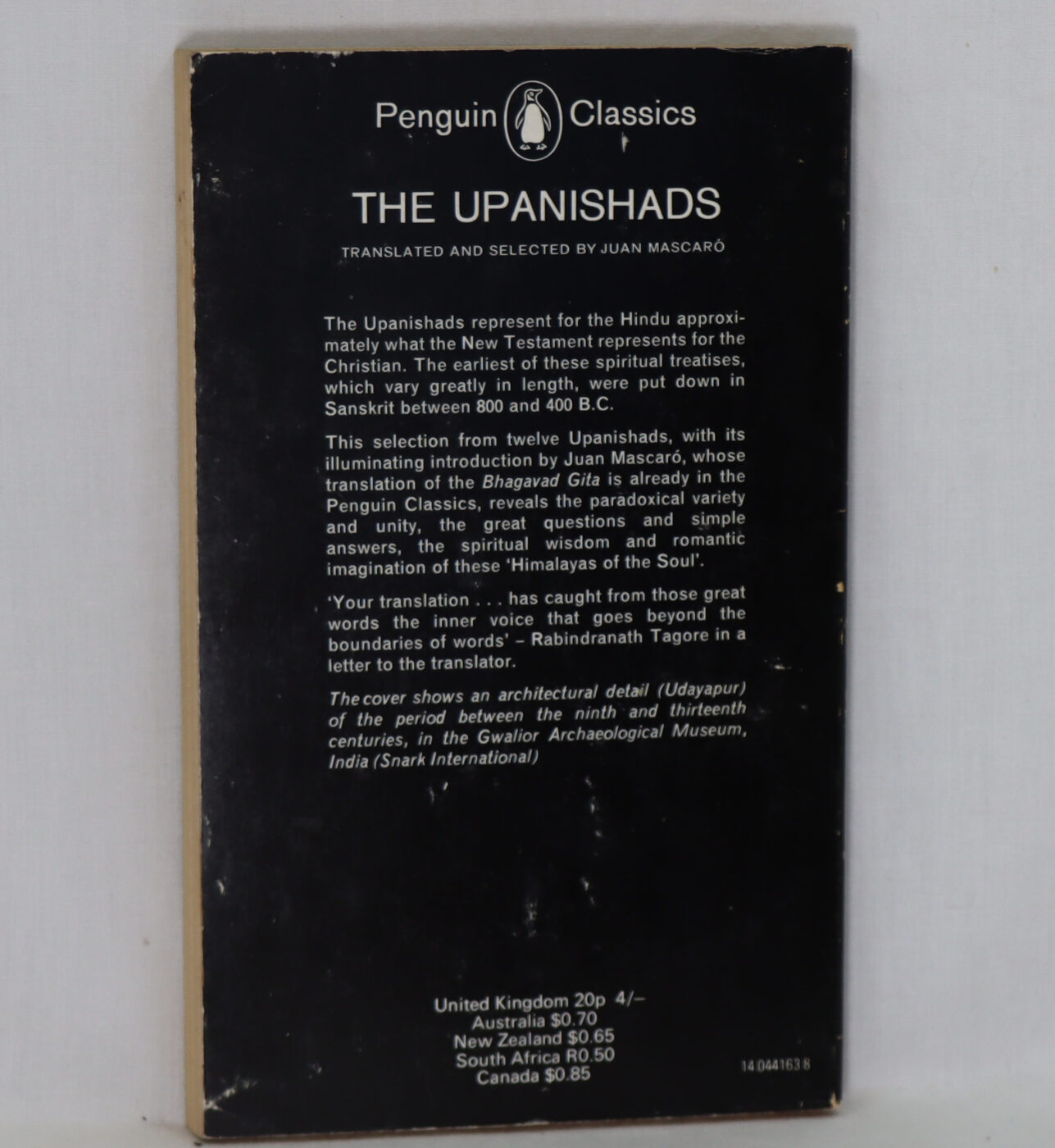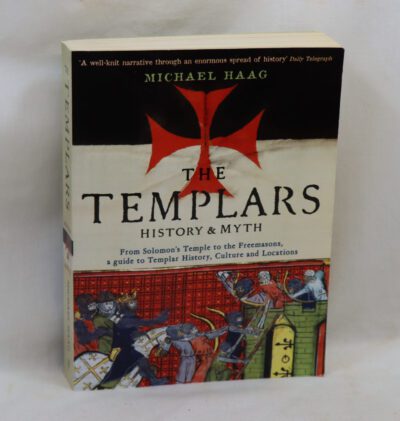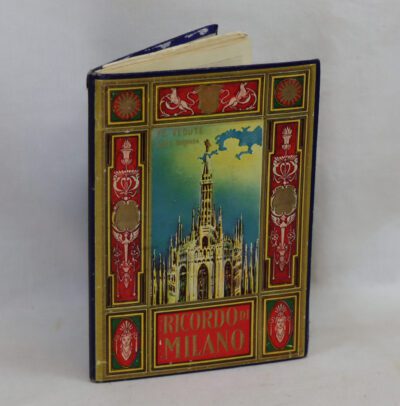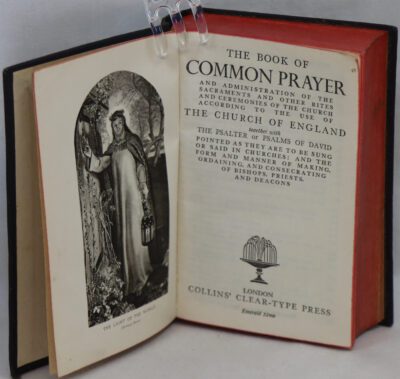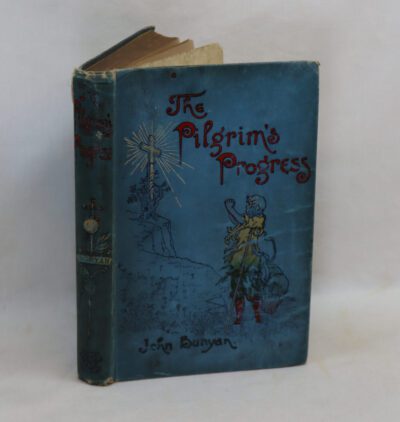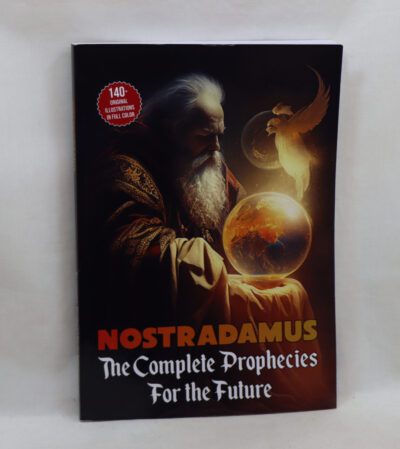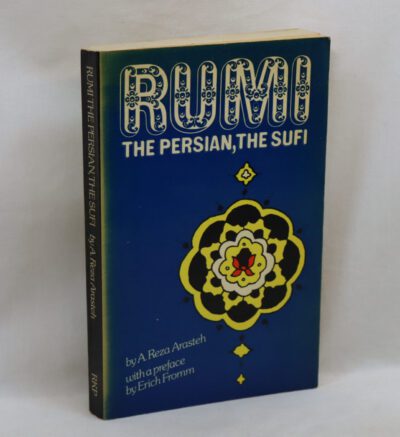The Upanishads.
ISBN: 9788176257411
Printed: 1970
Publisher: Penquin Books.
| Dimensions | 11 × 18 × 1 cm |
|---|---|
| Language |
Language: English
Size (cminches): 11 x 18 x 1
Condition: Fair (See explanation of ratings)
Item information
Description
Paperback. Cream title and stone carving on the black cover.
We provide an in-depth photographic presentation of this item to stimulate your feeling and touch. More traditional book descriptions are immediately available
- This used book has a £3 discount when collected from our shop
Please view the photographs. A used but still very readable book.
The Upanishads, the earliest of which were composed in Sanskrit between 800 and 400 bce by sages and poets, form part of the Vedas – the sacred and ancient scriptures that are the basis of the Hindu religion. Each Upanishad, or lesson, takes up a theme ranging from the attainment of spiritual bliss to karma and rebirth, and collectively they are meditations on life, death and immortality. The essence of their teachings is that truth can be reached by faith rather than by thought, and that the spirit of God is within each of us – we need not fear death as we carry within us the promise of eternal life.
Reviews:
-
A lyrically beautiful and spiritually insightful book that seems to have an almost transcendental effect on it’s privileged reader. Whether you are deeply interested in theology and philosophy or a casual reader, I believe these writings can speak to everyone in some way, even to a militant atheist who believes there is not a shred of truth to be found within them, they are still worth reading for their immense beauty. It is easy to see why Schopenhauer spoke so highly of them, they are truly up there with the finest texts to ever be produced by human minds. That they were written thousands of years ago only serves to increase the wonder a reader feels on reading them.
-
The Upanishads, the earliest of which were composed in Sanskrit between 800 and 400 bce by sages and poets, form part of the Vedas – the sacred and ancient scriptures that are the basis of the Hindu religion. Each Upanishad, or lesson, takes up a theme ranging from the attainment of spiritual bliss to karma and rebirth, and collectively they are meditations on life, death and immortality. The essence of their teachings is that truth can be reached by faith rather than by thought, and that the spirit of God is within each of us – we need not fear death as we carry within us the promise of eternal life.
About the Author: Juan Mascaro was born in Majorca, and later studied modern and oriental languages, Sanskrit, Pali and English at Cambridge University. He died in 1987, and was lauded as a great translator of our time. Juan Mascaro was born in Majorca, and later studied modern and oriental languages, Sanskrit, Pali and English at Cambridge University. He died in 1987, and was lauded as one of the greatest translators of our time.
Want to know more about this item?
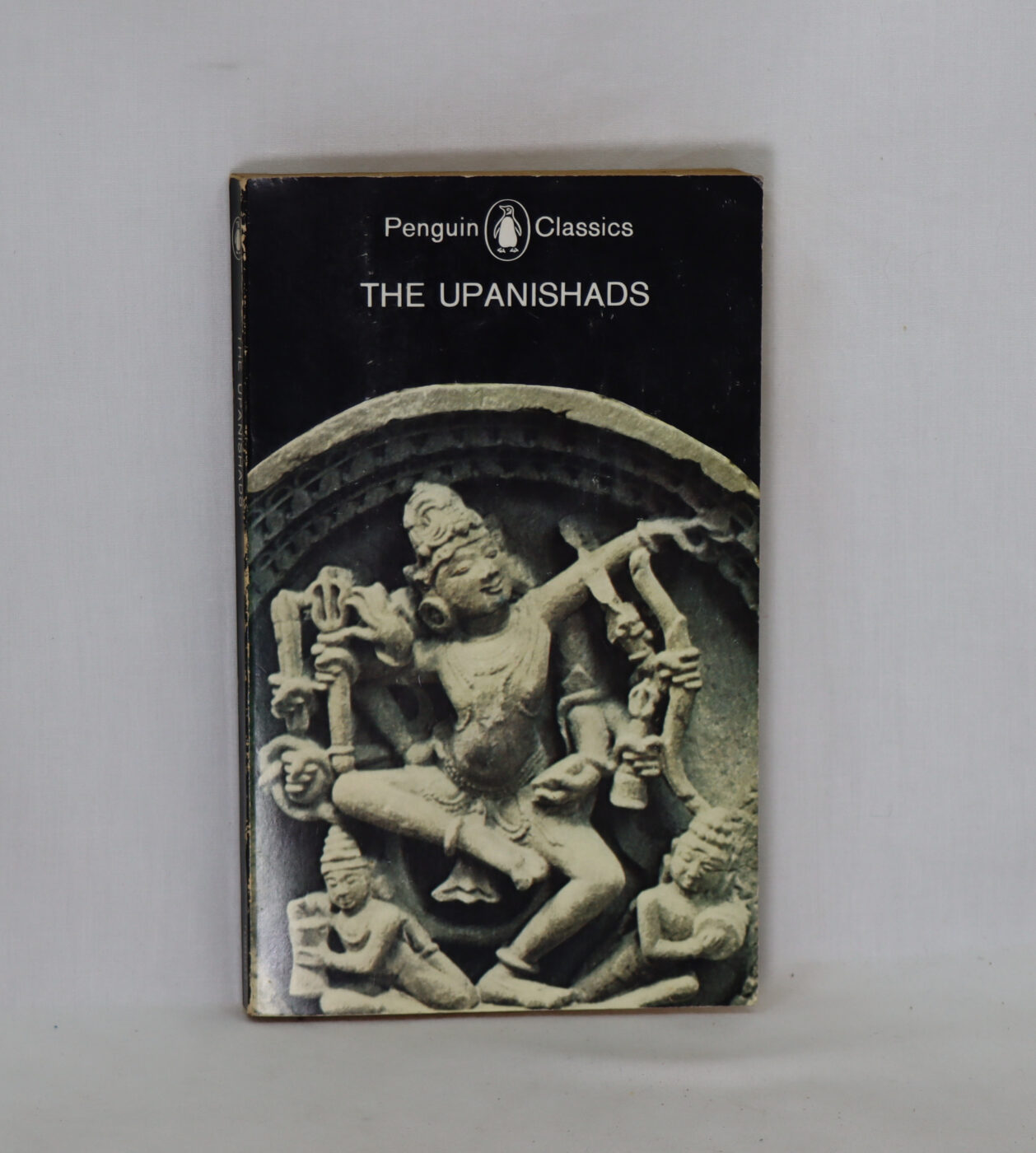
Related products
Share this Page with a friend

